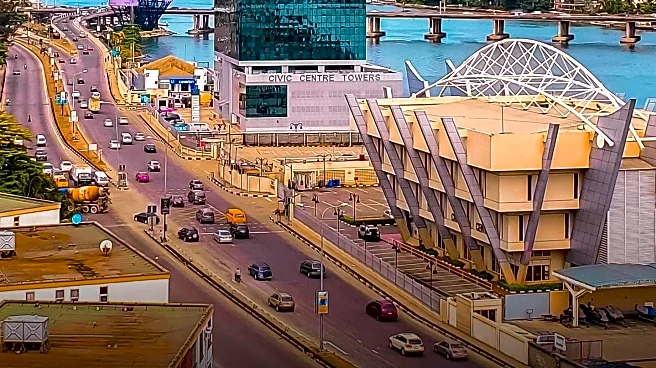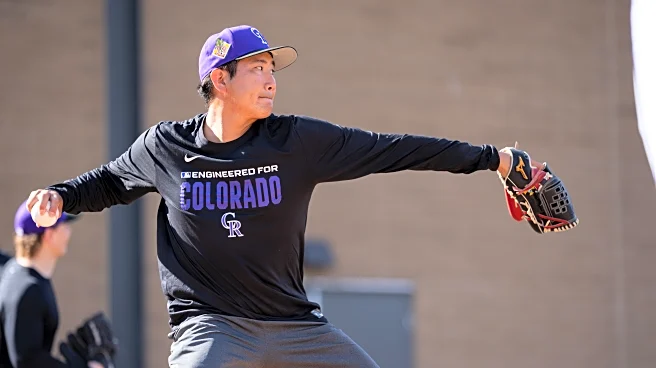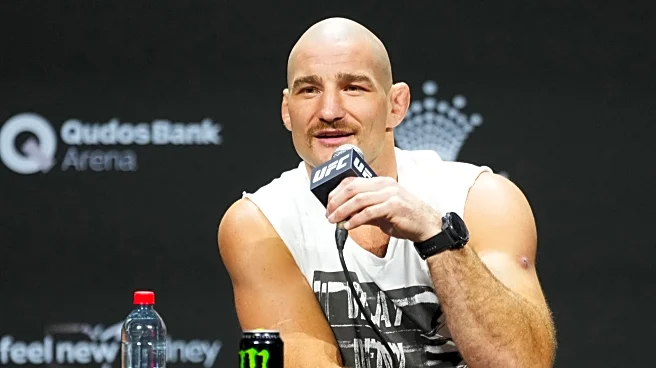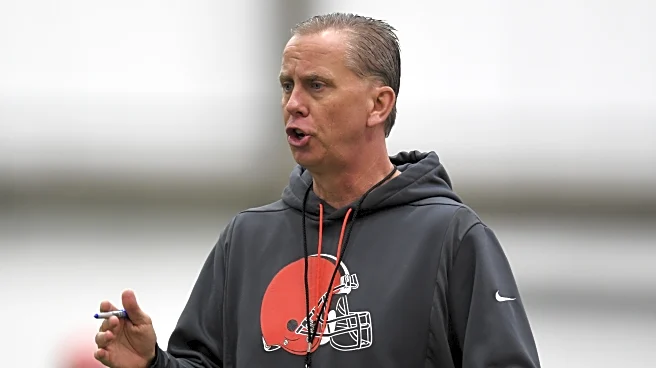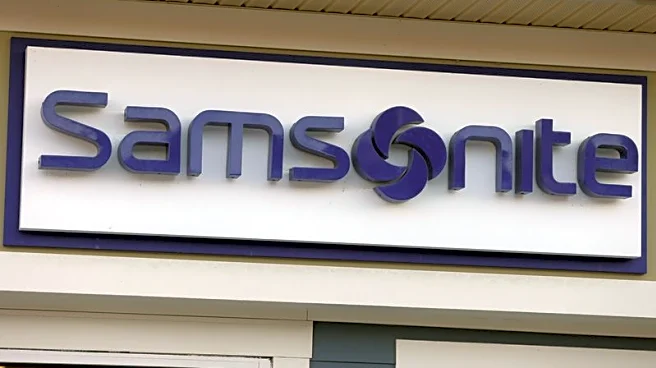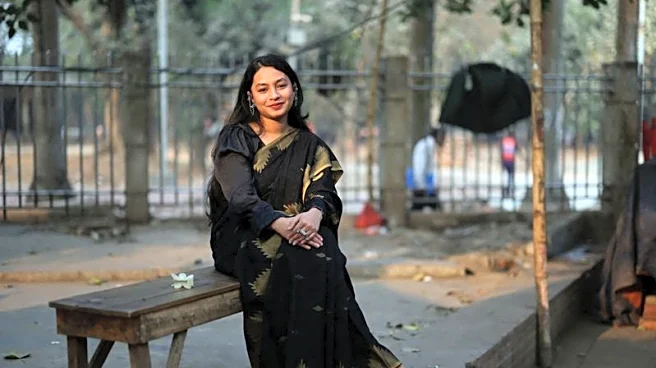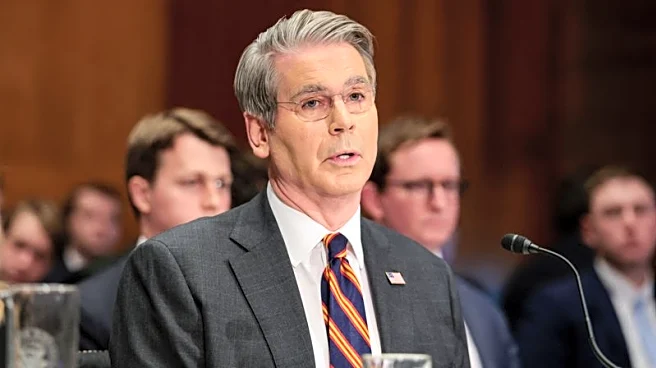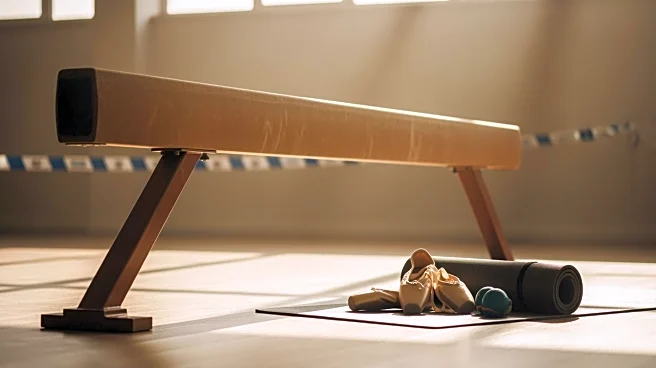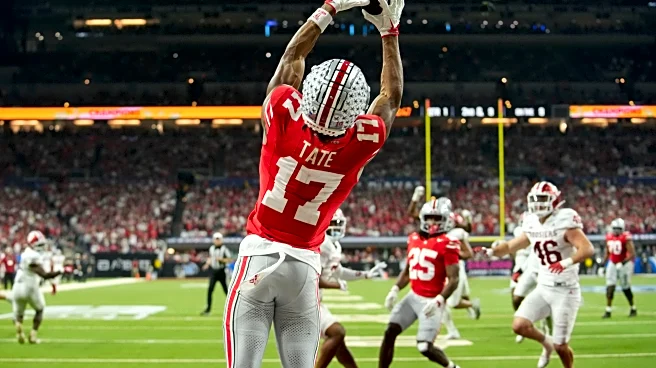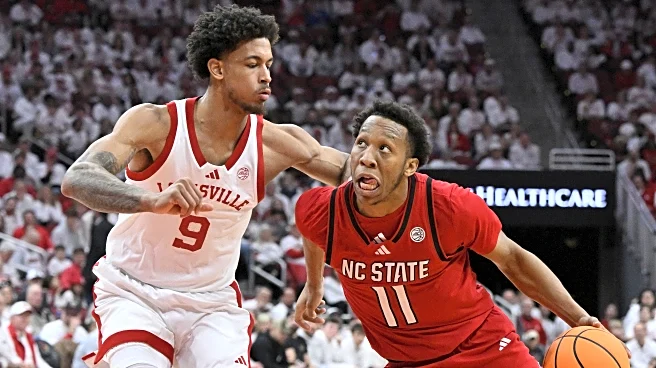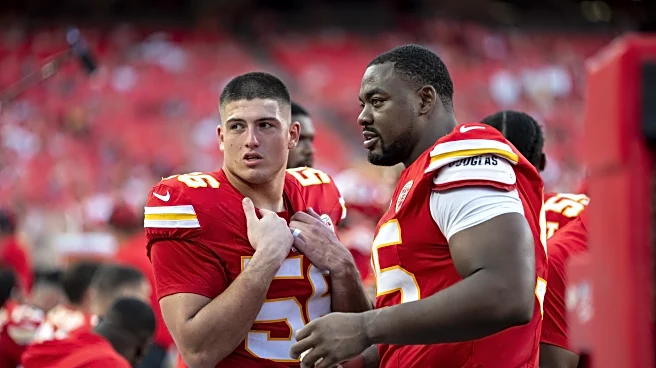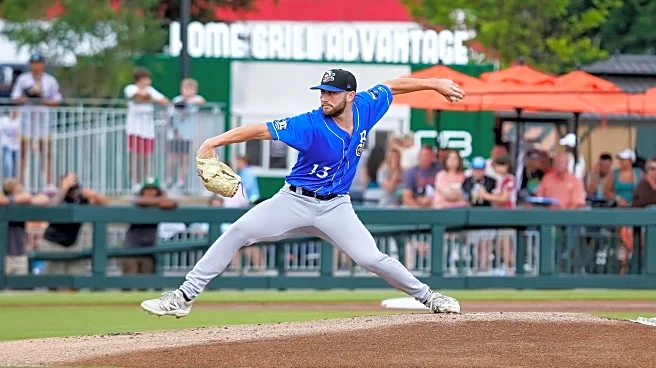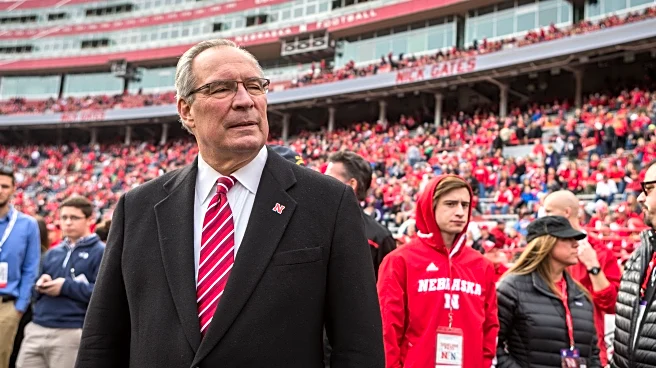What's Happening?
Lagos Fashion Week, a pivotal event in Nigeria's cultural landscape, is marking its 15th anniversary. Since its inception in 2011, the event has been instrumental in showcasing African fashion to the world, overcoming logistical challenges such as traffic
jams and power cuts. Founded by Omoyemi Akerele, Lagos Fashion Week has grown to feature over 60 designers, including notable names like Adama Paris, Nkwo, and Orange Culture. The event has played a significant role in shaping global fashion conversations, with designers like Lisa Folawiyo and Maki Oh gaining international recognition. Folawiyo's Ankara dresses and Maki Oh's adire shirts have been celebrated for their innovative takes on traditional Yoruba aesthetics, contributing to the global appeal of African fashion.
Why It's Important?
Lagos Fashion Week's influence extends beyond the runway, impacting the global perception of African fashion. By providing a platform for designers to showcase their work, the event has helped launch careers and foster cultural exchange. Designers like Lisa Folawiyo and Maki Oh have gained international acclaim, with their creations appearing in prestigious venues and worn by influential figures such as Michelle Obama. This success underscores the event's role in elevating African fashion on the world stage, challenging stereotypes and promoting cultural diversity. The growth of Lagos Fashion Week reflects broader trends in the fashion industry, where inclusivity and representation are increasingly valued.
What's Next?
As Lagos Fashion Week continues to evolve, it is expected to further influence global fashion trends and foster collaborations between African designers and international brands. The event's success may inspire similar initiatives across the continent, promoting African fashion and culture. Stakeholders, including designers, sponsors, and cultural institutions, are likely to explore new opportunities for growth and innovation. The ongoing development of Lagos as a cultural hub will support these efforts, enhancing the city's reputation as a center for creativity and style.
Beyond the Headlines
Lagos Fashion Week's impact extends to social and cultural dimensions, challenging traditional norms and promoting gender fluidity in fashion. Designers like Adebayo Oke-Lawal of Orange Culture have used the platform to address issues of masculinity and vulnerability, contributing to broader conversations about identity and expression. The event's success highlights the potential for fashion to drive social change, encouraging dialogue and fostering understanding across cultures.
